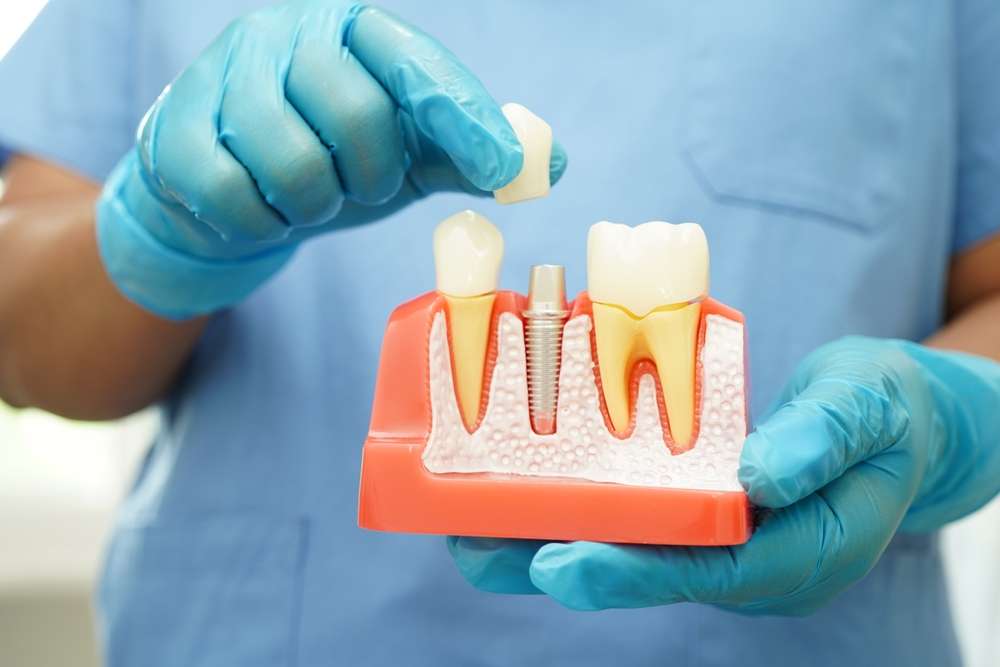Understanding Dental Implants: A Comprehensive Guide to Tooth Replacement
Dental implants represent a revolutionary solution for replacing missing teeth, offering a permanent and natural-looking alternative to traditional dentures or bridges. These artificial tooth roots, typically made from titanium, are surgically placed into the jawbone to support replacement teeth. With proper care, dental implants can last a lifetime while maintaining both functionality and aesthetic appeal.

What Are Dental Implants and How Do They Work?
Dental implants consist of three main components: the implant post (artificial root), an abutment, and the crown. The titanium post is surgically inserted into the jawbone, where it undergoes osseointegration - a process where the bone naturally grows around and bonds with the implant. The abutment connects the implant to the visible crown, creating a complete tooth replacement that looks and functions like a natural tooth.
Who Is a Good Candidate for Dental Implants?
Ideal candidates for dental implants should have adequate bone density in their jaw to support the implant, healthy gums free from periodontal disease, and good overall oral health. Age is less important than oral health status, though patients should be old enough that their jawbone has finished growing. Those with certain medical conditions or habits like smoking may need additional evaluation to determine their suitability.
What Is the Dental Implant Procedure Process?
The dental implant process typically occurs in several stages over 3-6 months. Initially, the dentist performs a comprehensive examination and creates a treatment plan. The first surgical phase involves placing the implant post into the jawbone. After healing and osseointegration (typically 3-6 months), the abutment is attached, followed by the placement of the permanent crown.
How Long Do Dental Implants Last?
With proper care and maintenance, dental implants can last 25 years or longer. Success rates exceed 95% when performed by qualified dental implant specialists. Regular dental check-ups, good oral hygiene, and avoiding harmful habits like smoking are essential for long-term implant success.
What Are the Latest Innovations in Dental Implant Technology?
Modern dental implant technology includes computer-guided surgery, immediate load implants, and advanced surface treatments that promote faster osseointegration. Digital scanning and 3D printing enable more precise implant placement and better-fitting prosthetics. These innovations have significantly improved treatment outcomes and reduced recovery times.
What Are the Costs and Available Options for Dental Implants?
| Treatment Type | Average Cost Range (GBP) | Key Features |
|---|---|---|
| Single Tooth Implant | £2,000 - £2,500 | Complete tooth replacement |
| Multiple Tooth Implants | £4,000 - £10,000 | 2-4 teeth replacement |
| Full Arch Implants | £15,000 - £25,000 | Complete upper or lower arch |
| All-on-4 Implants | £12,000 - £20,000 | Full arch with 4 implants |
Prices, rates, or cost estimates mentioned in this article are based on the latest available information but may change over time. Independent research is advised before making financial decisions.
Many dental practices offer payment plans and financing options to make implant treatment more accessible. Some dental insurance plans may cover a portion of the implant procedure, though coverage varies significantly between providers.
This article is for informational purposes only and should not be considered medical advice. Please consult a qualified healthcare professional for personalized guidance and treatment.




